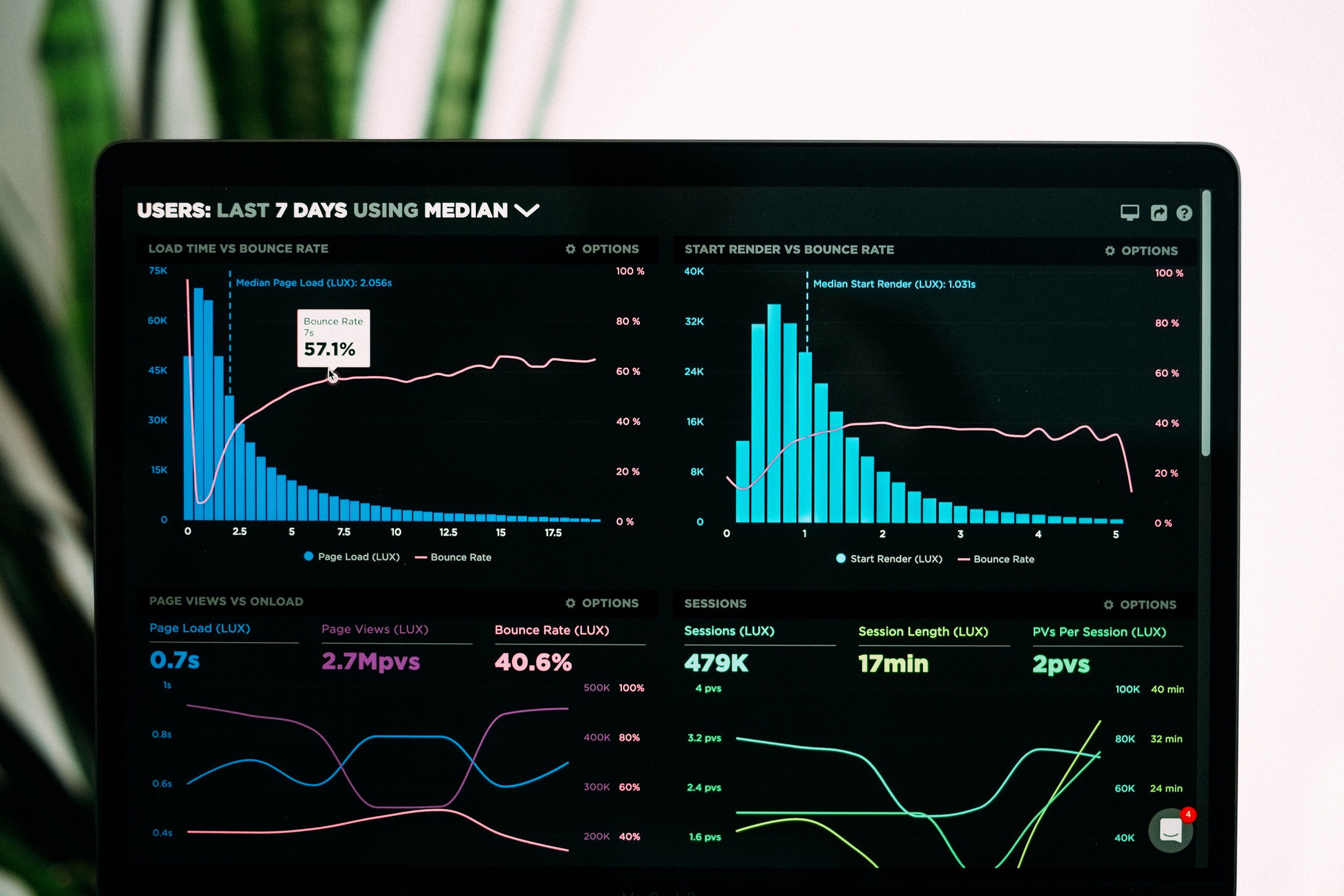Economic Trends and Their Impact on Your Financial Growth
The world of finance and investments is inextricably linked to the broader economic landscape. Economic trends, whether they relate to inflation, interest rates, technological advancements, or geopolitical events, have a profound impact on your financial growth. Understanding these trends and their implications is essential for making informed financial decisions. In this article, we will explore various economic trends and how they can affect your financial growth, as well as strategies to navigate these trends effectively.

The Interplay Between Economics and Finance
Economics and finance are intertwined disciplines that influence one another in several ways:
Interest Rates: Central banks' decisions on interest rates can directly impact borrowing costs, affecting your ability to secure loans for major purchases or investments.
Inflation: The rate at which prices rise (inflation) erodes the purchasing power of your money. High inflation can erode your savings and investments over time.
Stock Markets: Economic conditions influence stock market performance. Bull markets often coincide with robust economic growth, while bear markets may signal economic downturns.
Employment: Unemployment rates and job growth directly affect personal income and consumer spending, which can influence your financial well-being.
Key Economic Trends and Their Effects
Inflation
Inflation, the increase in the prices of goods and services over time, can erode your purchasing power and affect your financial growth. When the rate of inflation outpaces the return on your investments, your real returns decrease. To combat the effects of inflation, consider investing in assets that historically outpace inflation, such as stocks and real estate.
Source: Investopedia - Understanding Inflation
Interest Rates
Interest rates set by central banks have a significant impact on borrowing costs, savings account returns, and investment returns. When interest rates rise, borrowing becomes more expensive, but savings accounts and fixed-income investments typically offer higher returns. Conversely, lower interest rates can make borrowing cheaper but may reduce returns on conservative investments.
Source: Federal Reserve - Interest Rates
Technological Advancements
Technological advancements can disrupt industries and create investment opportunities. Innovations like artificial intelligence, blockchain, and renewable energy have the potential to shape the future economy. Investing in companies at the forefront of these innovations may yield significant financial growth.
Source: World Economic Forum - Top Ten Emerging Technologies of 2021
Global Economic Events
Geopolitical events, trade disputes, and international conflicts can have far-reaching effects on the global economy and financial markets. For example, trade tensions between major economies can impact international trade and investment, affecting stock prices and currency exchange rates.
Source: Council on Foreign Relations - Global Conflict Tracker
Strategies for Navigating Economic Trends
Diversification
Diversifying your investment portfolio across different asset classes, industries, and geographic regions can help mitigate the impact of economic fluctuations. A diversified portfolio is less vulnerable to the volatility of any single investment.
Source: The Balance - The Importance of Diversification
Financial Planning
Creating a comprehensive financial plan tailored to your specific goals and risk tolerance is crucial. A well-structured financial plan takes into account economic trends and provides a roadmap for achieving your financial objectives.
Source: CFP Board - Why You Need a Financial Plan
Continuous Learning
Staying informed about economic trends and their potential impact on your investments is vital. Consider reading financial news, attending seminars, or consulting with financial advisors to make informed decisions.
Source: Investopedia - Education for Investors
Risk Management
Assess and manage risk in your investment portfolio. Strategies like dollar-cost averaging, setting stop-loss orders, and using asset allocation can help protect your investments from market volatility.
Source: Investor.gov - Risk Management

Conclusion
Economic trends are integral to the world of finance, and they play a pivotal role in shaping your financial growth. By understanding these trends and their potential impact on your investments, you can make more informed financial decisions. Diversification, financial planning, continuous learning, and risk management are valuable tools to navigate the ever-changing economic landscape successfully.
Remember that economic trends are often interconnected and can change rapidly. Therefore, it's essential to stay informed, regularly review your financial plan, and adapt your strategies to align with evolving economic conditions. With a well-informed and proactive approach, you can position yourself for sustainable financial growth, even in a dynamic economic environment.
Sources:
- Investopedia - Understanding Inflation
- Federal Reserve - Interest Rates
- World Economic Forum - Top Ten Emerging Technologies of 2021
- Council on Foreign Relations - Global Conflict Tracker
- The Balance - The Importance of Diversification
- CFP Board - Why You Need a Financial Plan
- Investopedia - Education for Investors
- Investor.gov - Risk Management